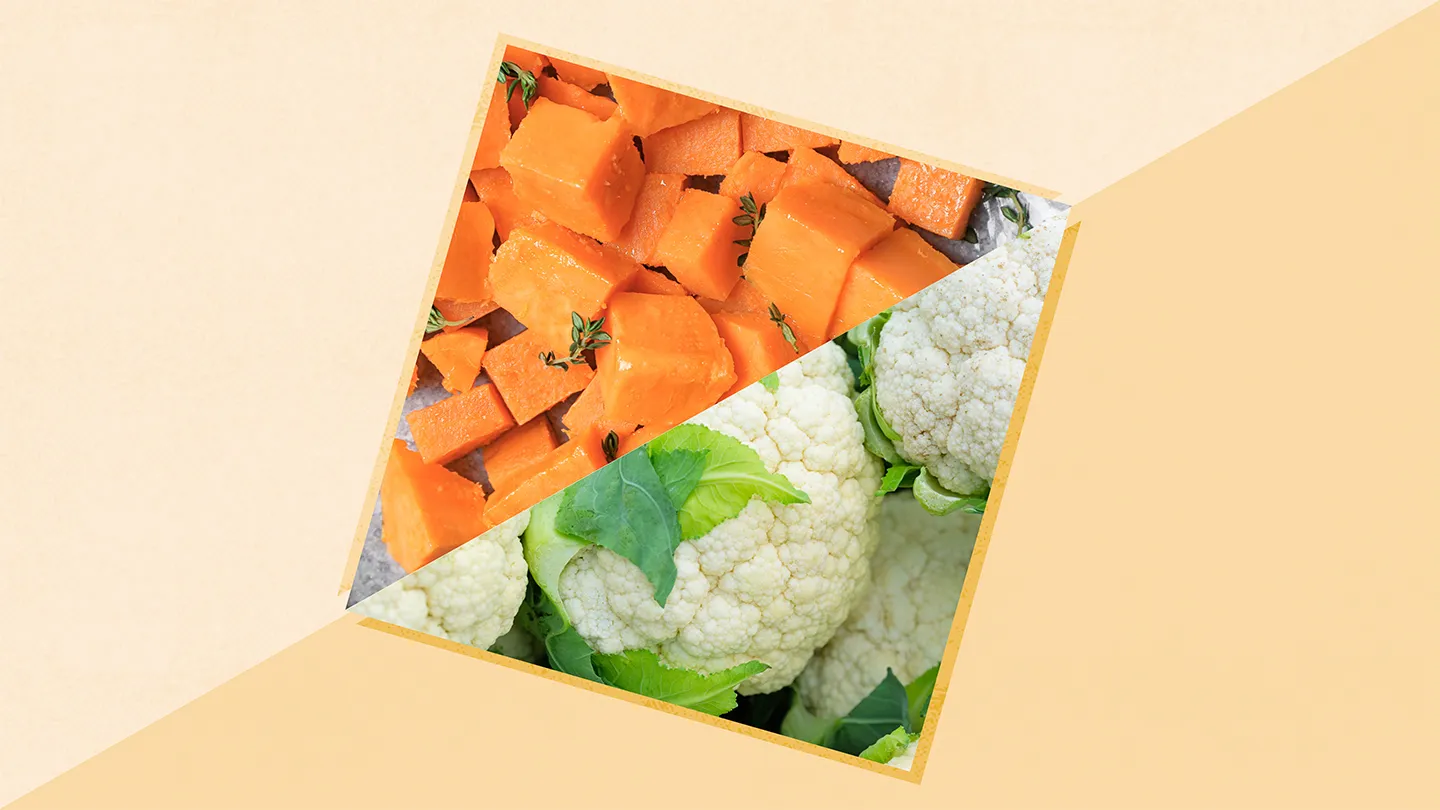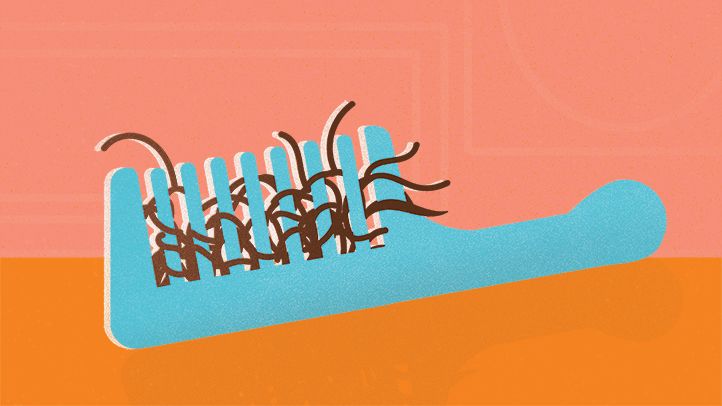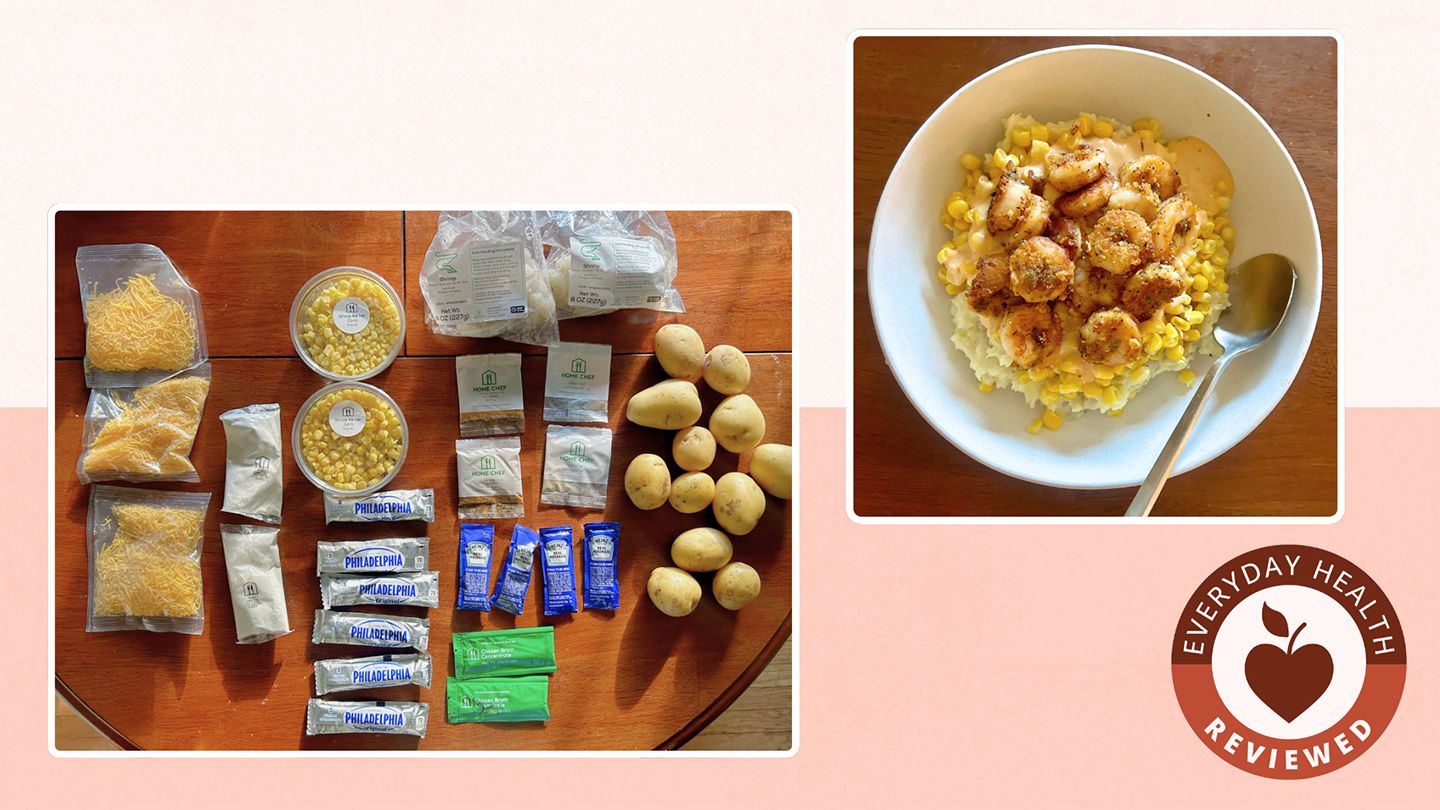Understanding the Keto Diet
The ketogenic or "keto" diet has become an extremely popular way to lose weight and improve health. This low carb, high fat diet can help you burn fat more efficiently, increase mental clarity, stabilize blood sugar levels, and curb hunger.
The keto diet aims to put your body into a metabolic state called ketosis. When this happens, your body becomes incredibly efficient at burning fat for energy instead of carbs. Ketosis also turns fat into ketones in the liver, which can supply energy to the brain.
Keto Diet Basics
Here is a quick overview of the basic premise of the keto diet:
- Dramatically reduce carb intake to 20-50 grams per day
- Increase healthy fat and protein intake
- Your body enters ketosis and preferentially burns fat instead of carbs for fuel
To follow the keto diet successfully, it's important to eat the right foods in the right macronutrient ratios. The majority of your calories should come from fat, with moderate protein and minimal carbs.
Foods to Eat on Keto
Here are the best foods to fill your plate with on the ketogenic diet:
Meat and Poultry
Beef, pork, lamb, poultry and other meats are all keto-friendly foods. Make sure to choose fattier cuts where possible. Some examples include:
- Steak
- Bacon
- Chicken thighs
- Wings
- Duck breast
Fish and Seafood
Fatty fish like salmon and tuna are great on keto. Other fish and seafood options include:
- Halibut
- Mackerel
- Sardines
- Anchovies
- Trout
- Crab
- Lobster
- Shrimp
- Mussels
Aim for at least two 3.5 ounce servings per week to get anti-inflammatory omega-3 fatty acids.
Eggs
Eggs are perhaps the ultimate keto food. They provide protein, vitamins, minerals and antioxidants along with beneficial fatty acids. Eat them any way you like - poached, fried, scrambled or as an omelet.
Healthy Fats and Oils
Getting the majority of daily calories from fat is the main premise of keto. Some healthy sources include:
- Butter and ghee
- Coconut oil
- Avocado oil
- Olive oil
- Nut oils
- Tallow and lard
- Full-fat cream and cheese
Nuts and Seeds
Almonds, walnuts, macadamia nuts, pumpkin seeds, chia seeds and flaxseeds are lower in carbs than other nuts. Nut butters are also good choices:
- Almond butter
- Cashew butter
- Peanut butter
Low-Carb Vegetables
Non-starchy veggies like leafy greens, tomatoes, onions, peppers, mushrooms and many more can be enjoyed often. Some specifics include:
- Broccoli
- Cauliflower
- Spinach
- Kale
- Brussels sprouts
- Asparagus
- Green beans
- Lettuce
- Cucumber
Herbs, Spices and Seasonings
Using generous amounts of salt, pepper, garlic, basil, dill and other spices can help make low carb foods taste delicious while staying in ketosis.
Keto-Friendly Beverages
Hydration is important on any diet. Water should be your go-to beverage, along with other unsweetened options like:
- Black coffee
- Unsweetened tea
- Nut milk
- Bone broth
Foods to Avoid on Keto
Now that you know what to eat, it's equally important to understand what foods to limit or avoid altogether on keto:
Grains
All grains should be eliminated on keto since they are high in carbohydrates. This includes breads, cereals, rice, pasta, baked goods and beer.
Starchy Vegetables
Although non-starchy vegetables are great for keto, higher carb veggies should be avoided. These include:
- Potatoes
- Sweet potatoes
- Carrots
- Parsnips
- Peas
- Corn
Fruits
Most fruits contain too many carbs per serving for keto. Exceptions can be made for small portions of berries like strawberries, blueberries or raspberries on occasion.
Beans and Legumes
All beans should be avoided on keto including lentils, kidney beans, chickpeas, peas, and peanuts.
Unhealthy Fats
While natural fats are key in keto recipes, highly processed vegetable oils can cause inflammation and should be avoided. These include:
- Canola oil
- Soybean oil
- Corn oil
- Cottonseed oil
Sugar and Sweeteners
Table sugar, high fructose corn syrup, honey, agave, maple syrup and other high-glycemic sweeteners can quickly take you out of ketosis.
Ultra-Processed Foods
Avoid fast food, junk food, fruit juice, candies, chips, cakes, ice cream and other processed goodies high in carbs and additives.
Sample 7-Day Keto Meal Plan
Making an actual plan before starting any diet can set you up for success. Here is a week-long sample menu to give you ideas for keto breakfasts, lunches, dinners and snacks.
Monday
Breakfast:
- Fried eggs
- Bacon
- Avocado
- Black coffee
Lunch:
- Tuna salad wrapped in lettuce leaves
- Handful of almonds
- Sparkling water
Dinner:
- Meatballs served with zucchini noodles and parmesan cheese
- Kale salad with olive oil dressing
Snack:
- Nut butter celery sticks
Tuesday
Breakfast:
- Scrambled eggs with spinach, mushrooms and cheddar cheese
- Bulletproof coffee
Lunch:
- Leftover meatballs
- Steamed broccoli
Dinner:
- Chicken fajitas (bell peppers, onion, chicken) served in lettuce wraps
- Guacamole
- Sour cream
Snack:
- Handful of macadamia nuts
- String cheese
Wednesday
Breakfast:
- Fried egg muffin cups
- Berry smoothie with almond milk
Lunch:
- Tuna melt served between sliced zucchini
- Dill pickle spears
Dinner:
- Pork chops topped with pecan basil pesto
- Steamed asparagus
- Side salad
Snack:
- Handful of pumpkin seeds
Thursday
Breakfast:
- Keto yogurt bowl with coconut flakes and walnuts
- Hard boiled eggs
Lunch:
- Loaded keto chicken salad
- Dill pickle spears
Dinner:
- Zoodles bolognese
- Side salad
Snack:
- Avocado chocolate pudding
Friday
Breakfast:
- Broccoli and cheddar egg muffins
- Bulletproof coffee
Lunch:
- Bunless bacon cheeseburger lettuce wrap
- Broccoli florets with ranch dip
Dinner:
- Creamy Tuscan shrimp
- Parmesan brussels sprouts
Snack:
- 90% dark chocolate
Saturday
Breakfast:
- Scrambled eggs with keto breakfast sausage
- Sliced avocado
Lunch:
- Chicken salad stuffed tomato
- Handful of macadamia nuts
Dinner:
- Bacon wrapped jalapeno popper chicken
- Side salad with balsamic dressing
Snack:
- Keto mug cake
Sunday
Breakfast:
- Keto breakfast sandwich
- Bulletproof coffee
Lunch:
- Taco salad
Dinner:
- Keto meatloaf
- Mashed cauliflower
- Green beans
Snack:
- Handful of mixed nuts
This sample gives you an idea of how to plan keto-friendly meals and snacks for an entire week. Make sure to customize it based on your own macro needs and personal preferences.
FAQs
What are the basic rules of the keto diet?
The main rules of keto are to dramatically reduce carbs to 20-50 grams per day, moderately increase protein intake, and get 70-80% of daily calories from fat. This macronutrient balance helps induce ketosis so your body preferentially burns fat for fuel.
How much protein can I eat on keto?
Protein should be set at 0.8 to 1.2 grams per pound of lean body mass if you are active. Sedentary people need less protein - around 0.6 to 0.8 grams per pound. Too much protein can interfere with ketosis.
What are good keto snacks?
Some healthy keto snacking options include nuts, seeds, nut butter, jerky, hard boiled eggs, cucumber slices, celery sticks filled with nut butter or topped with cream cheese, olives, 90% dark chocolate, and low carb protein bars or shakes.
What can I drink on the keto diet?
Water, plain coffee and tea, unsweetened almond milk, coconut milk, heavy cream, bone broth, sparkling water, diet soda, and sugar free drinks are all keto-approved beverages. Alcohol like dry wine or spirits must be limited.
Disclaimer: This article is for informational purposes only and does not constitute medical advice. Always consult with a healthcare professional before starting any new treatment regimen.
Related Coverage
Pretzels are too high in carbs for the ketogenic diet. Learn their carb content, low-carb pretzel options, and healthier keto-friendly crunchy snacks....
High doses of biotin supplements can cause constipation in some people. Tips to prevent and relieve constipation from biotin include exercising, hydrating, adding fiber, and adjusting your dosage....
Get the nutrition facts for Philadelphia 1/3 less fat cream cheese. See how it compares, benefits, drawbacks, uses, recipes and if it fits your diet goals....
Enjoy low-carb keto snacks like nuts, cheese crisps, deli rolls, fat bombs and more during movies without falling out of ketosis. Perfect snacks for film fun....
Learn how to choose the most effective jump trainer for vertical leap gains. Get our top picks for basketball, volleyball, and football along with tips for maximizing results....
Enjoy the summer barbecue season with these amazing grilled keto recipes. Get tips for making 10 delicious low-carb barbecue meals along with keto grilling tricks....
Want to know if honeydew melon fits a keto diet? This article explores honeydew's carbs, nutrients, and benefits for keto, plus compares it to low-carb fruits....
Making small lifestyle tweaks like reducing sodium, exercising more, losing weight, limiting alcohol and quitting smoking can help lower blood pressure....
What does hammer toe look like at different stages? Learn about early symptoms, causes and both non-surgical and surgical treatment options for this abnormal toe curling....
Injecting testosterone incorrectly or in the wrong location can influence absorption, cause side effects, and impact heart health. Learn about proper administration....









